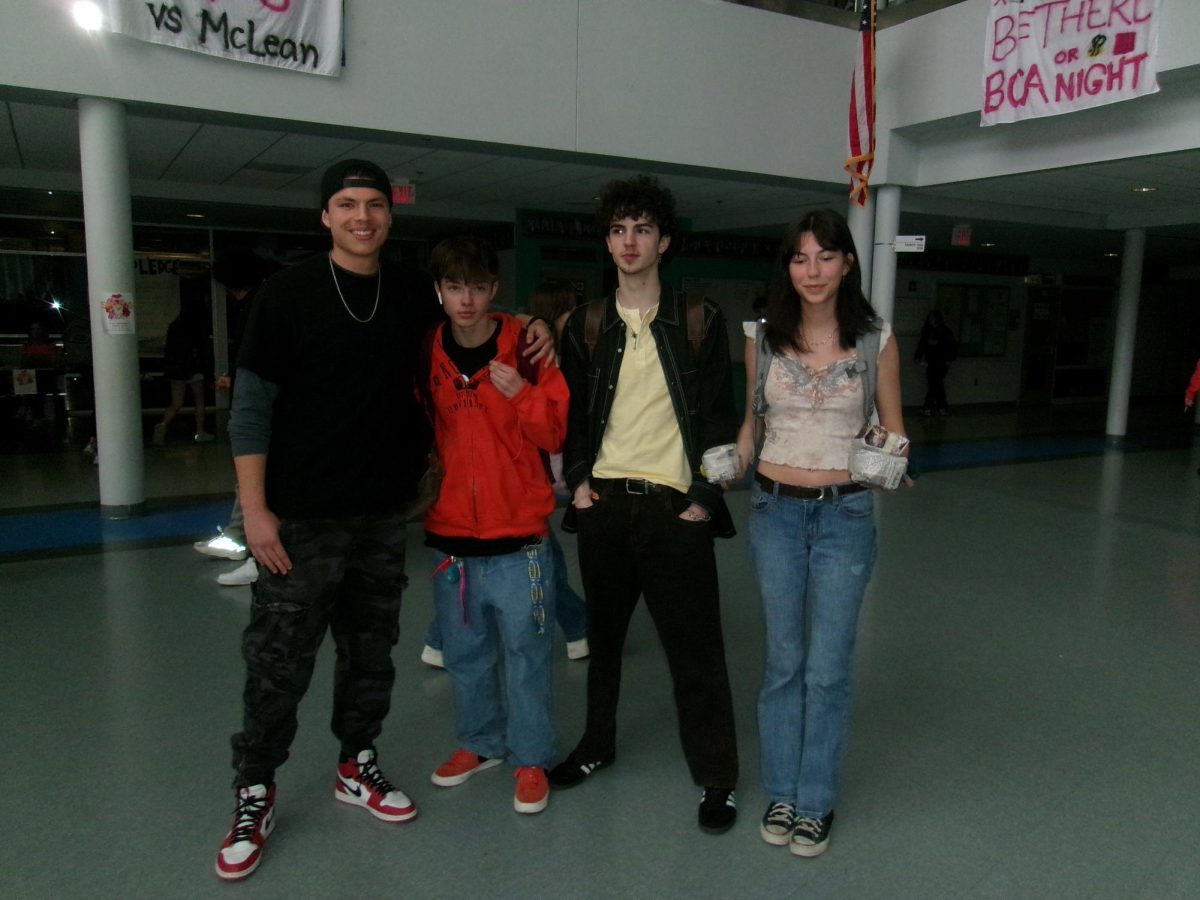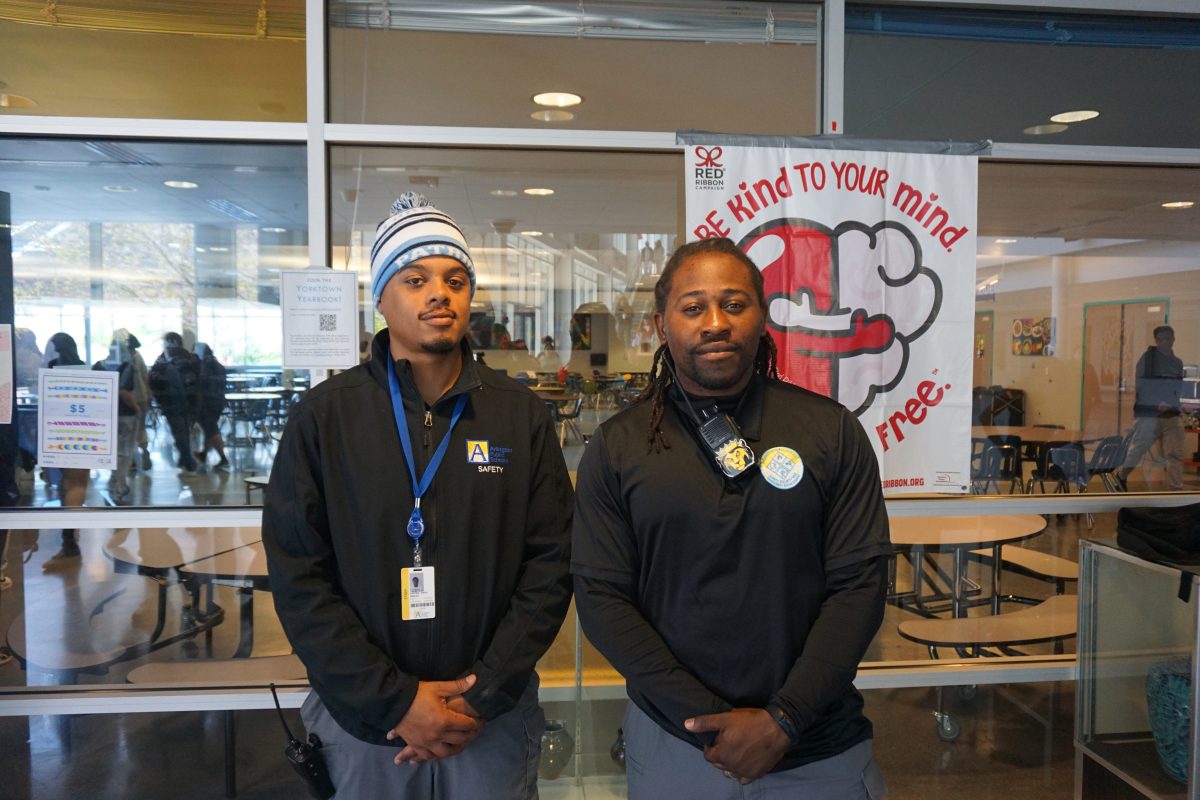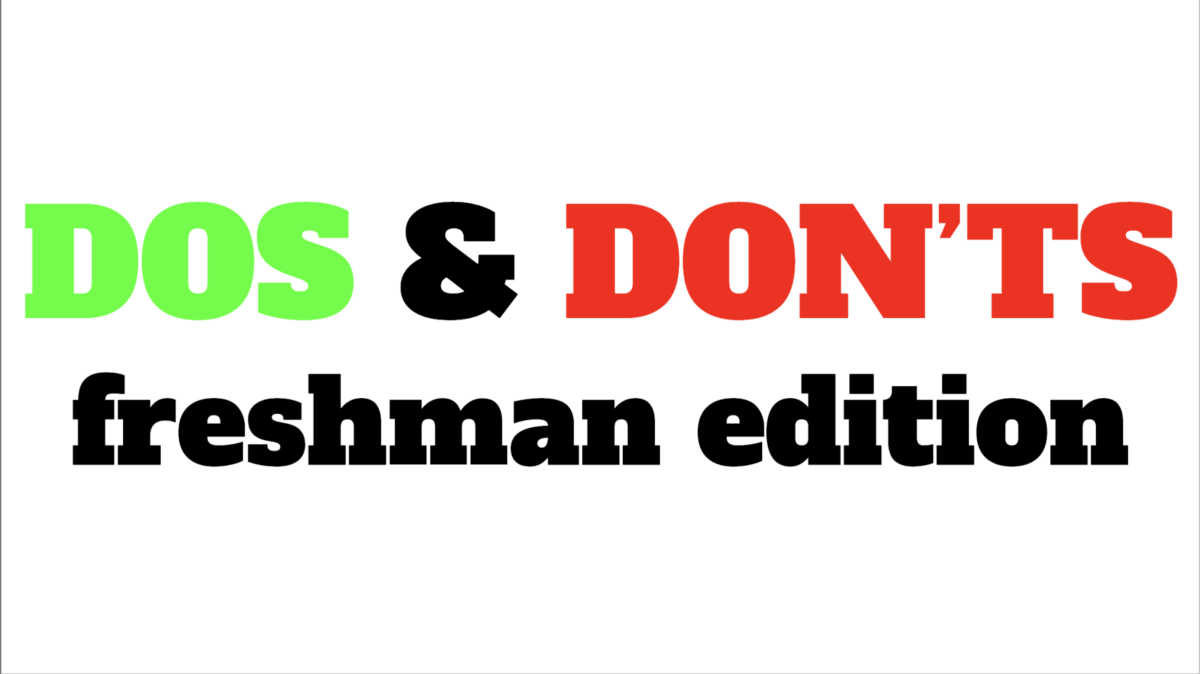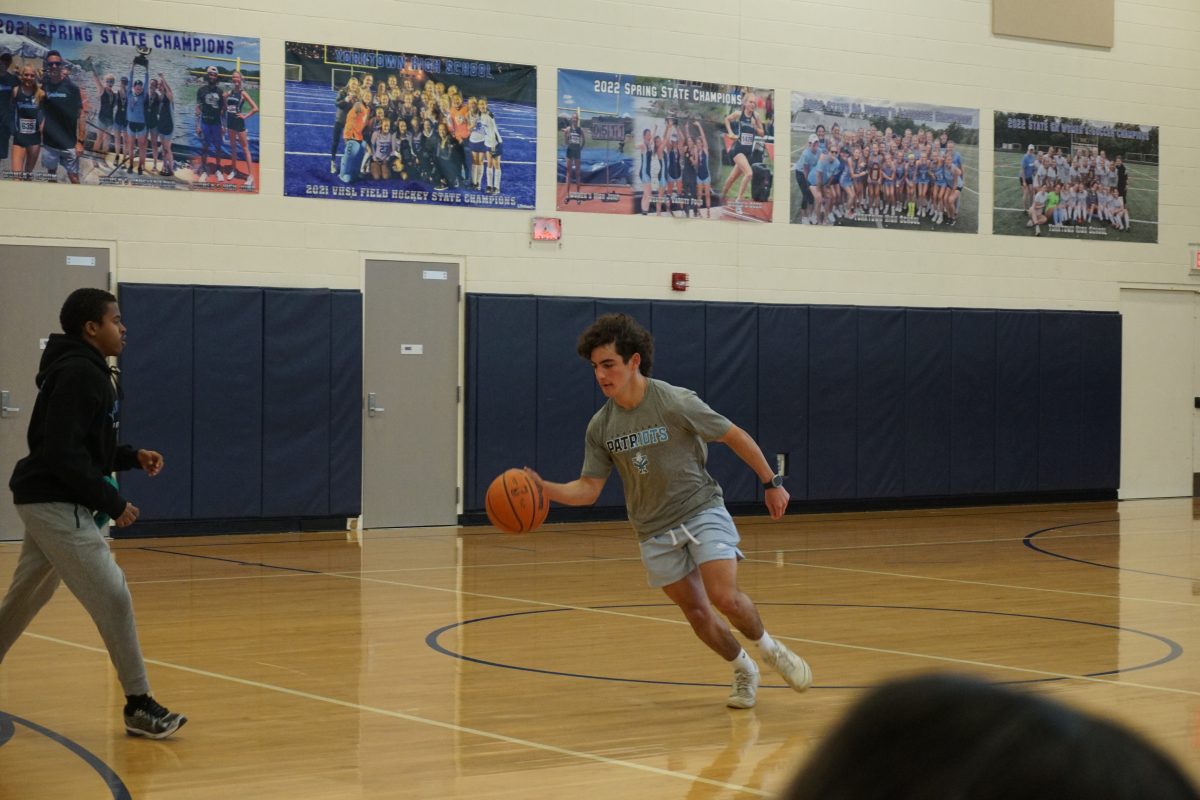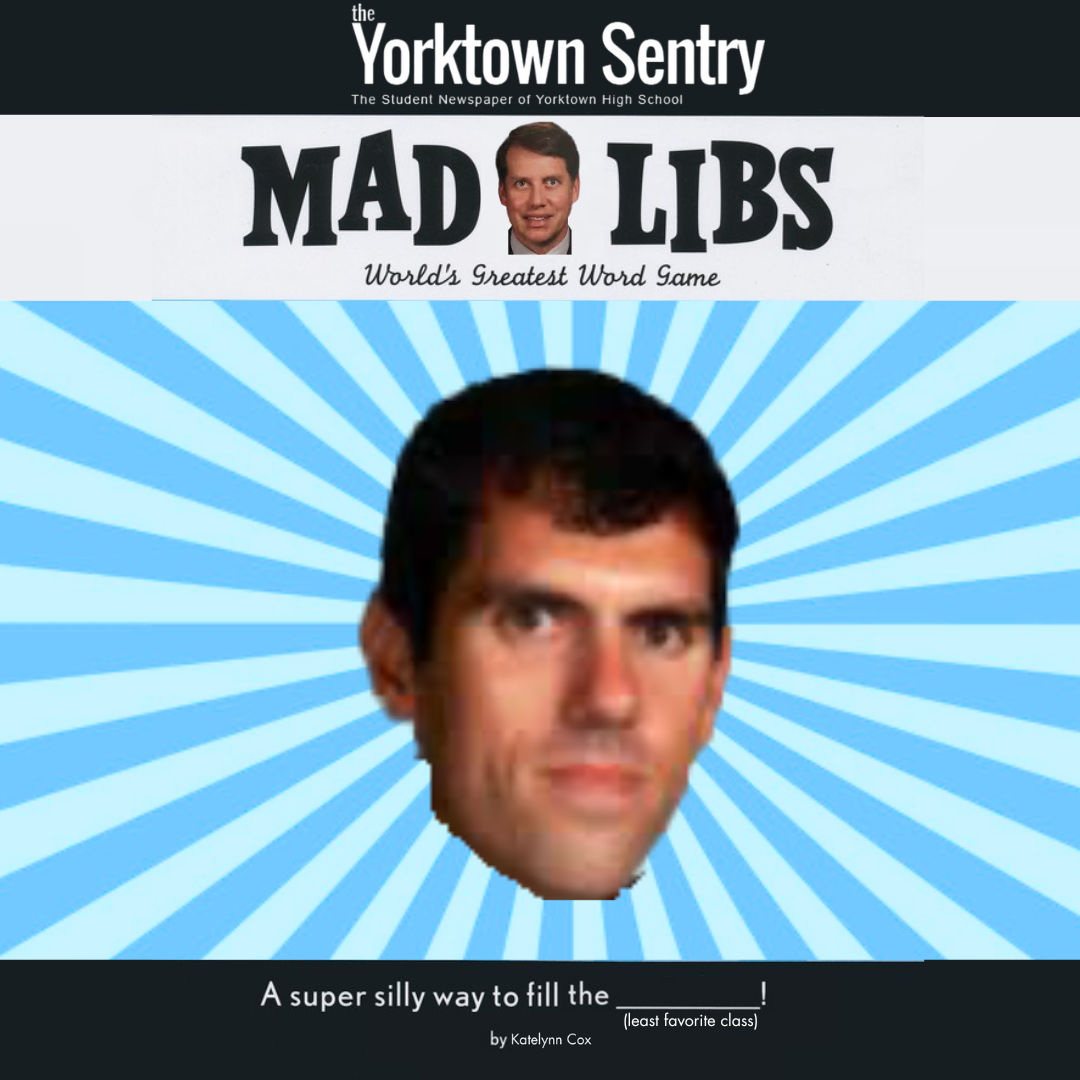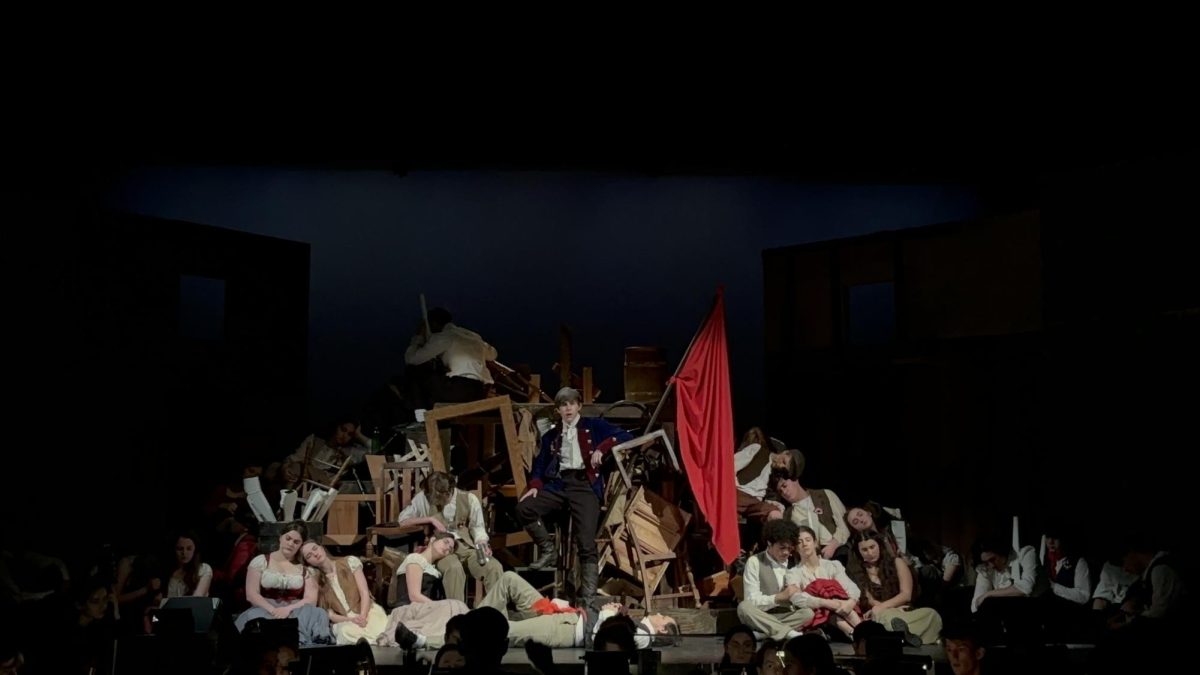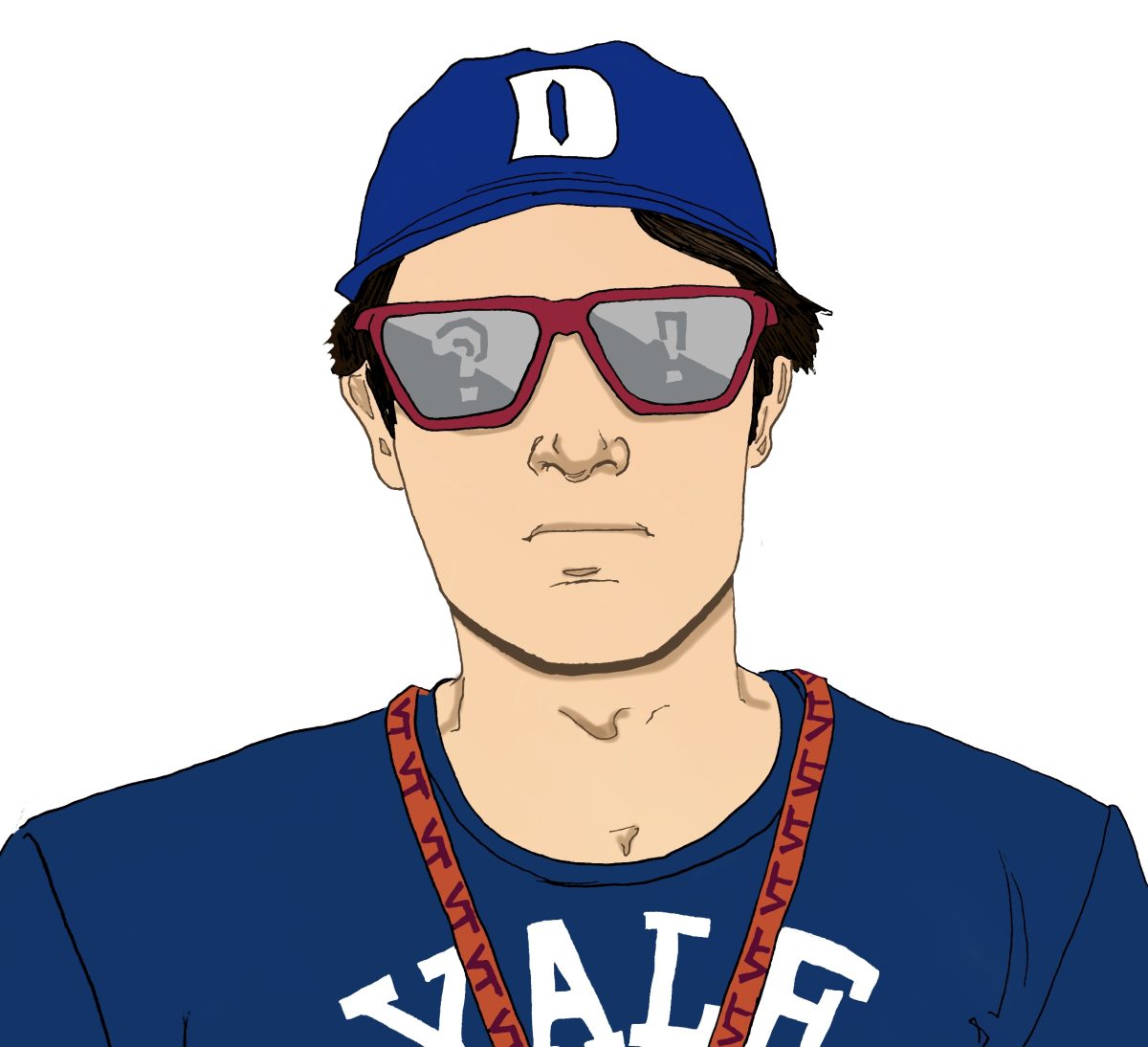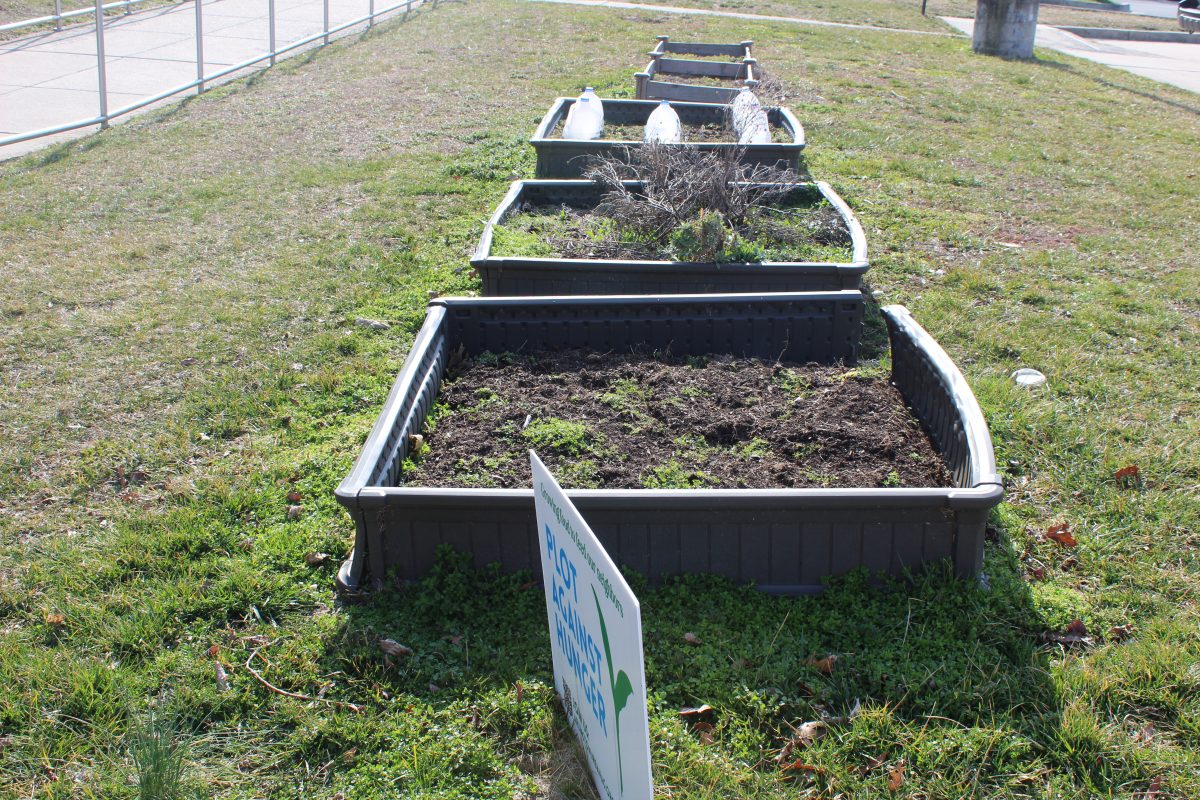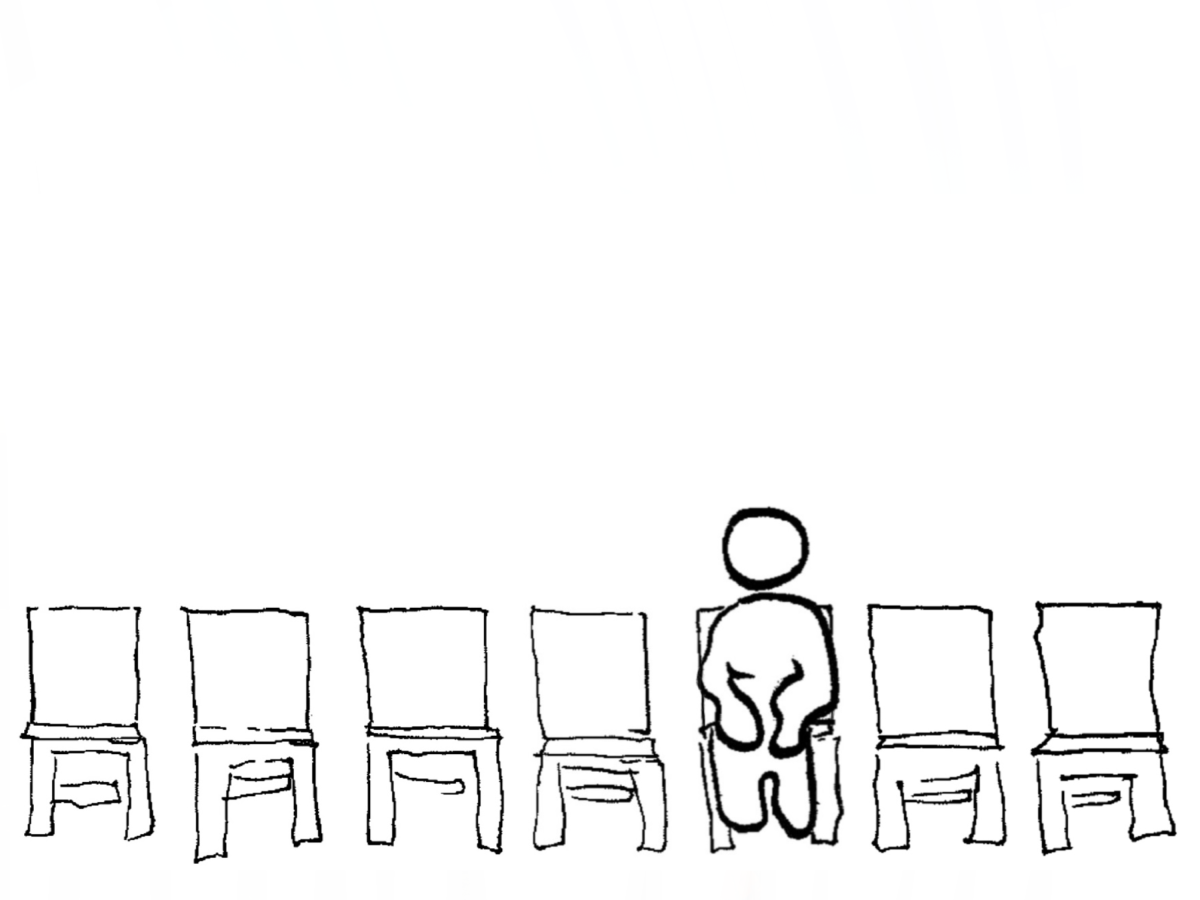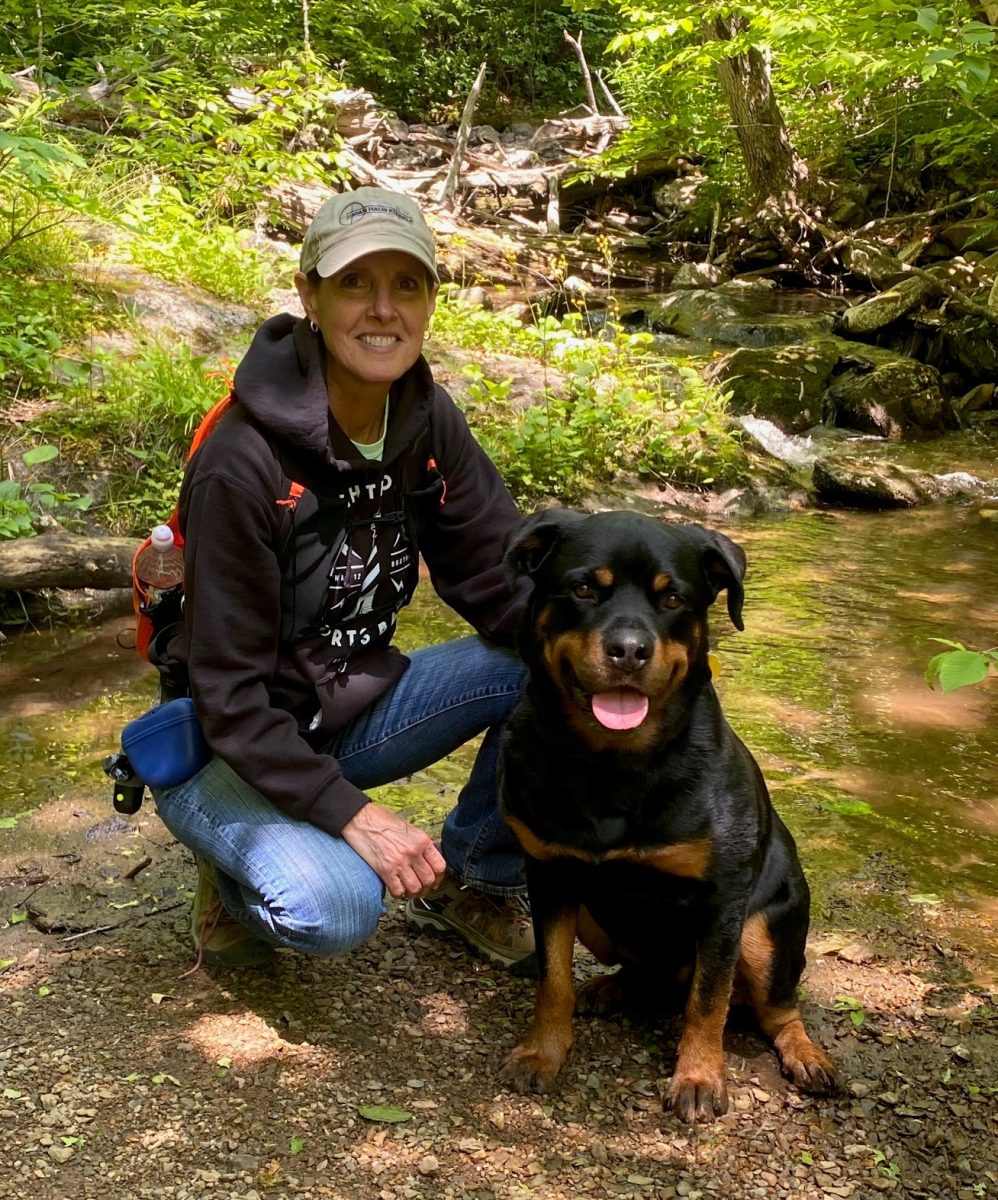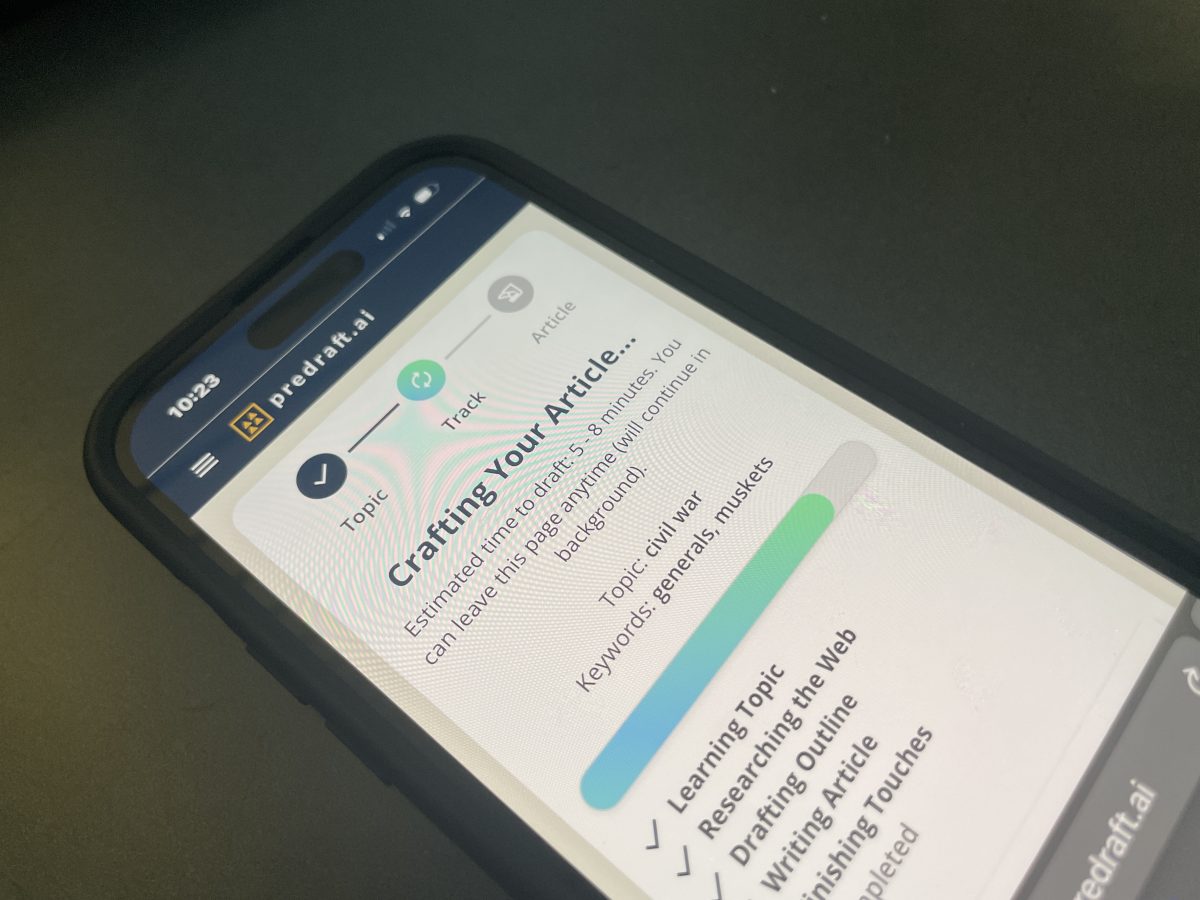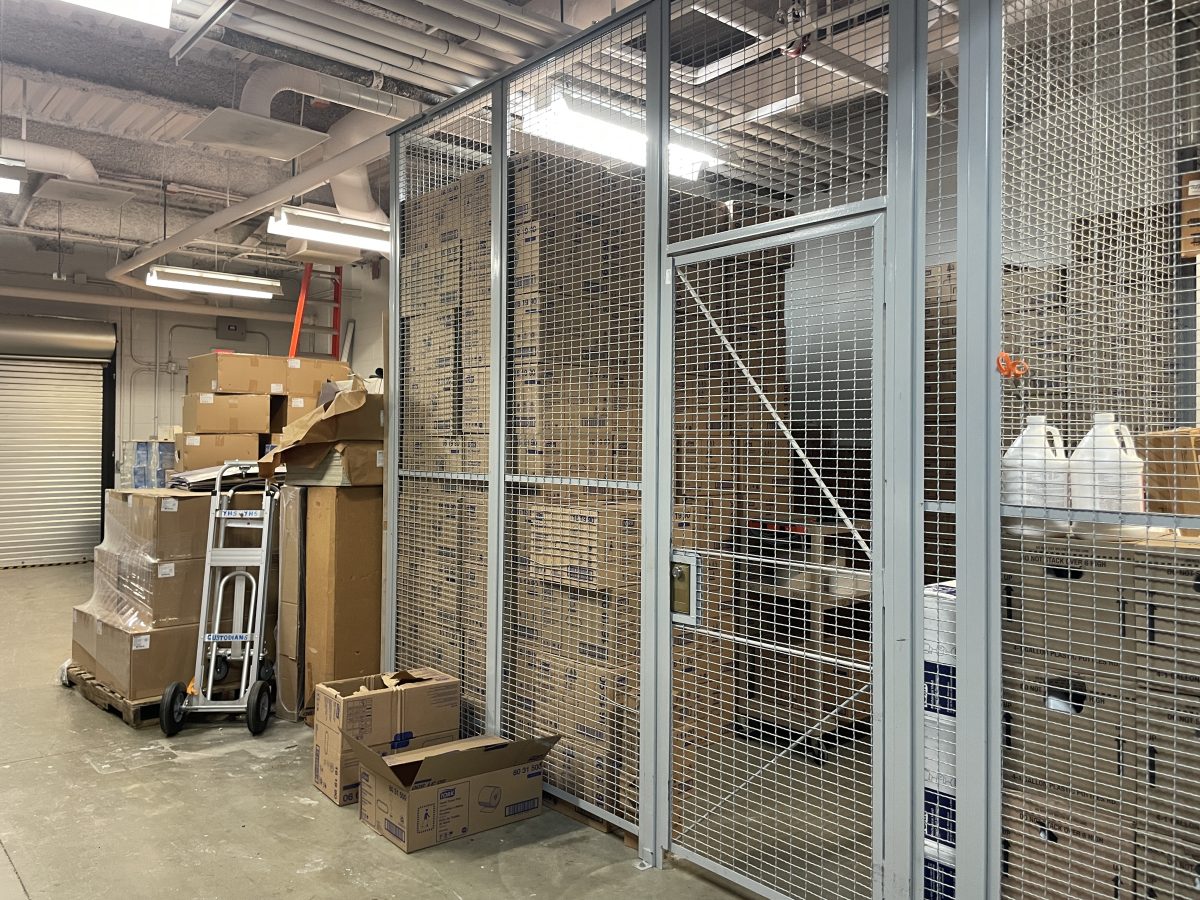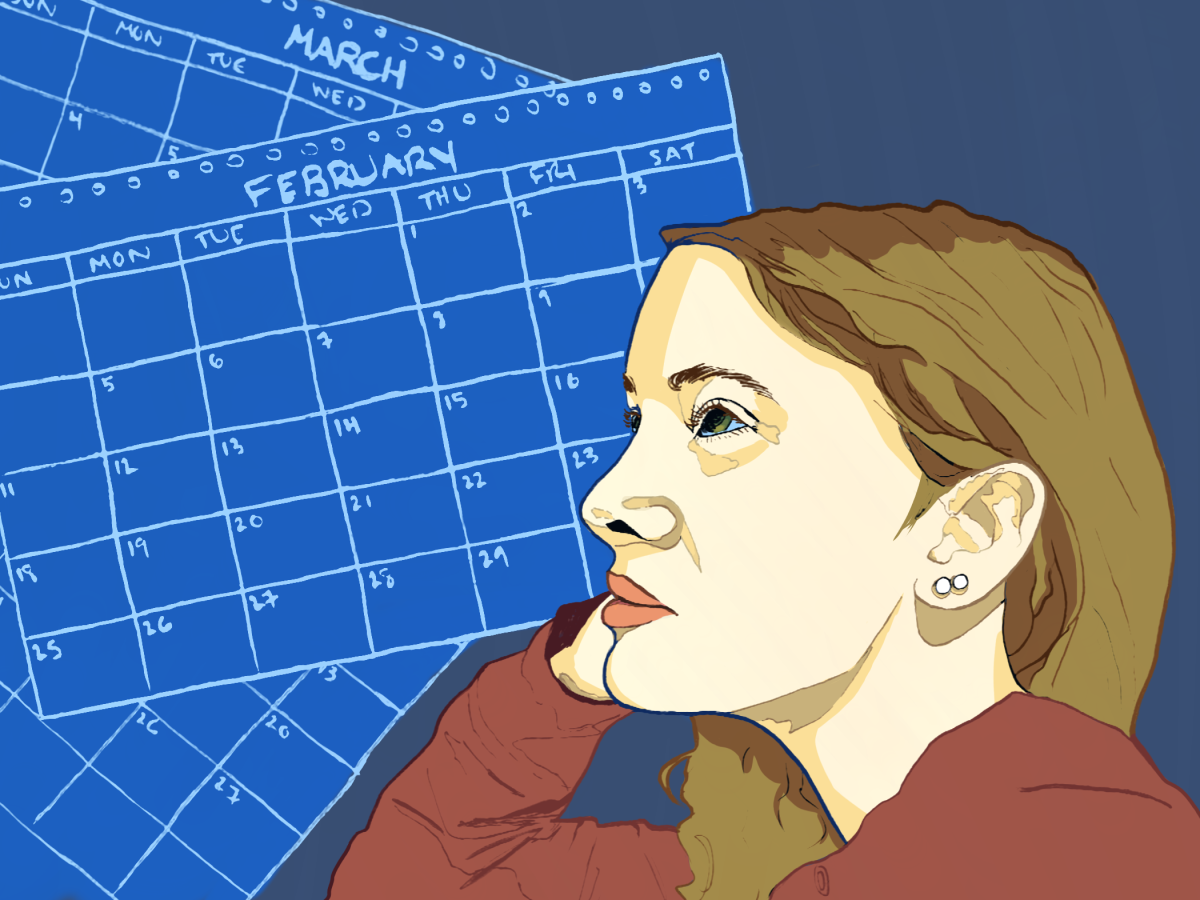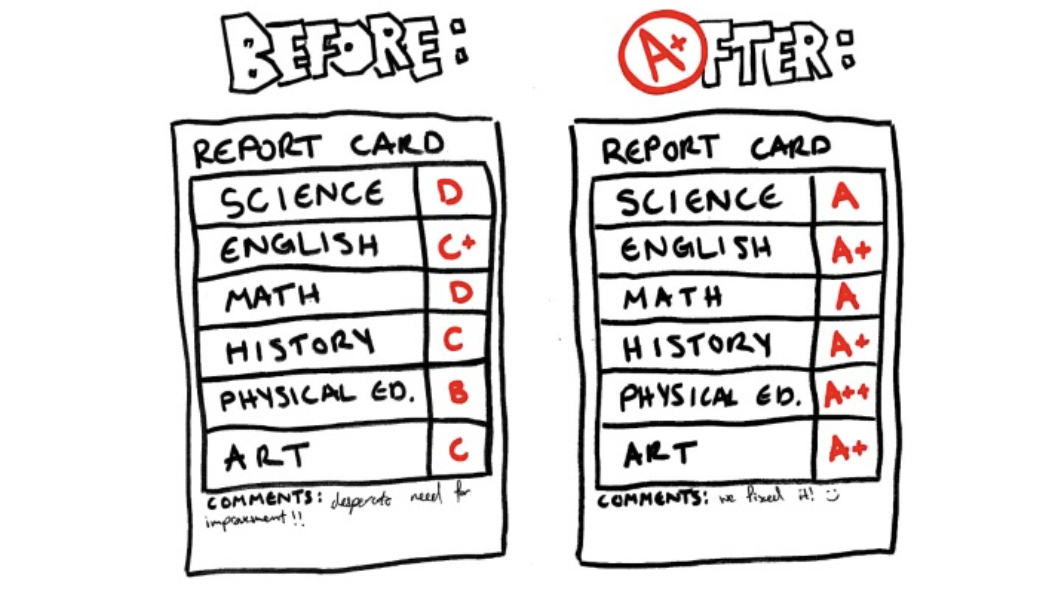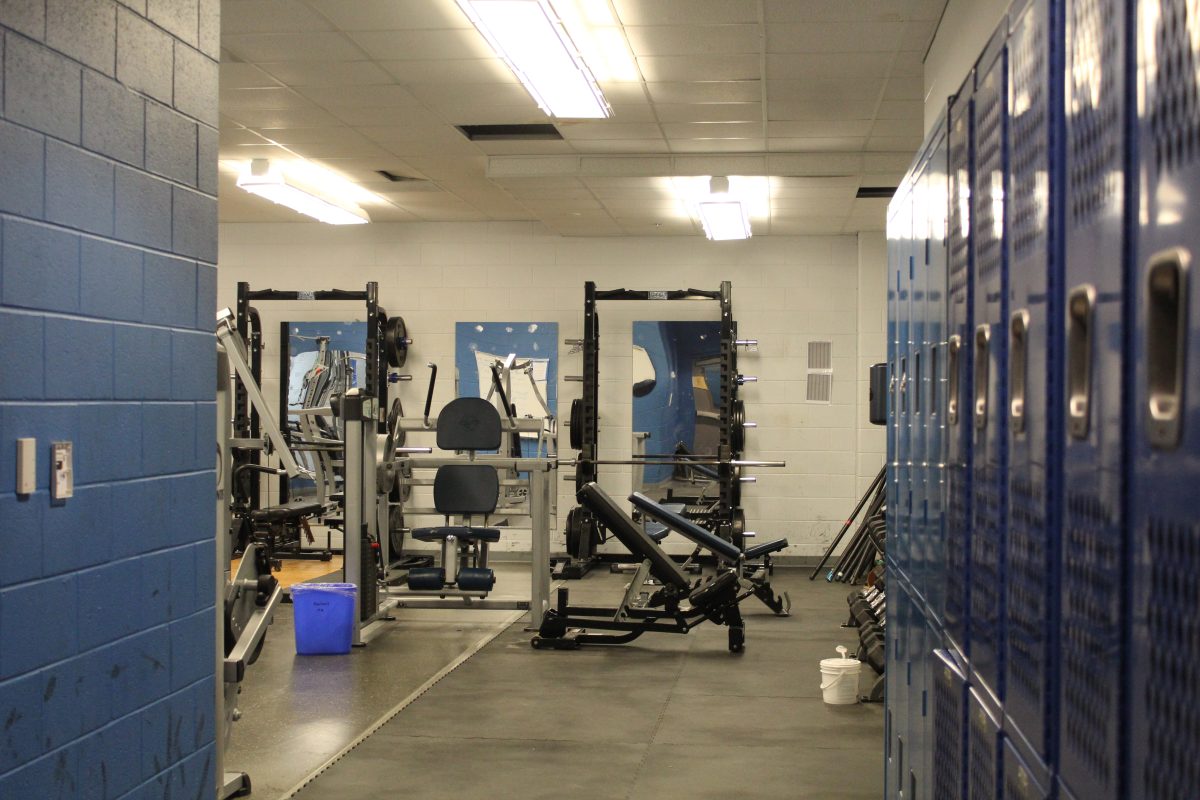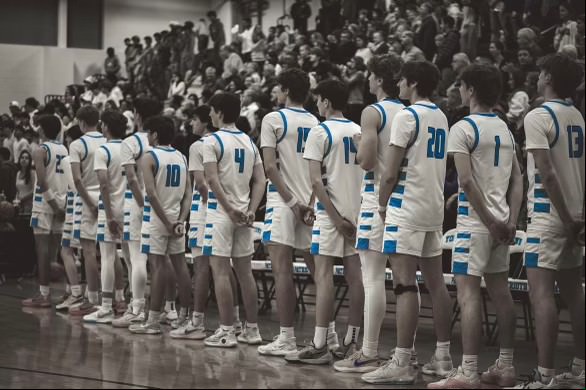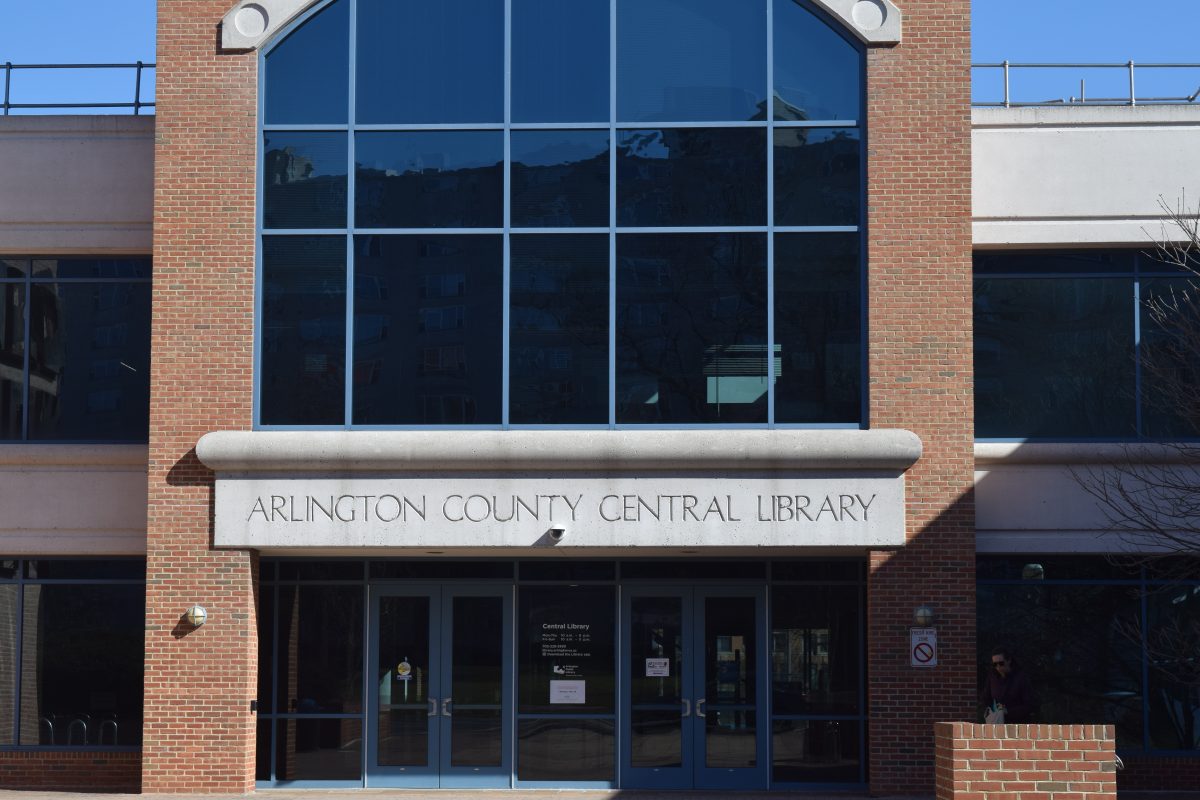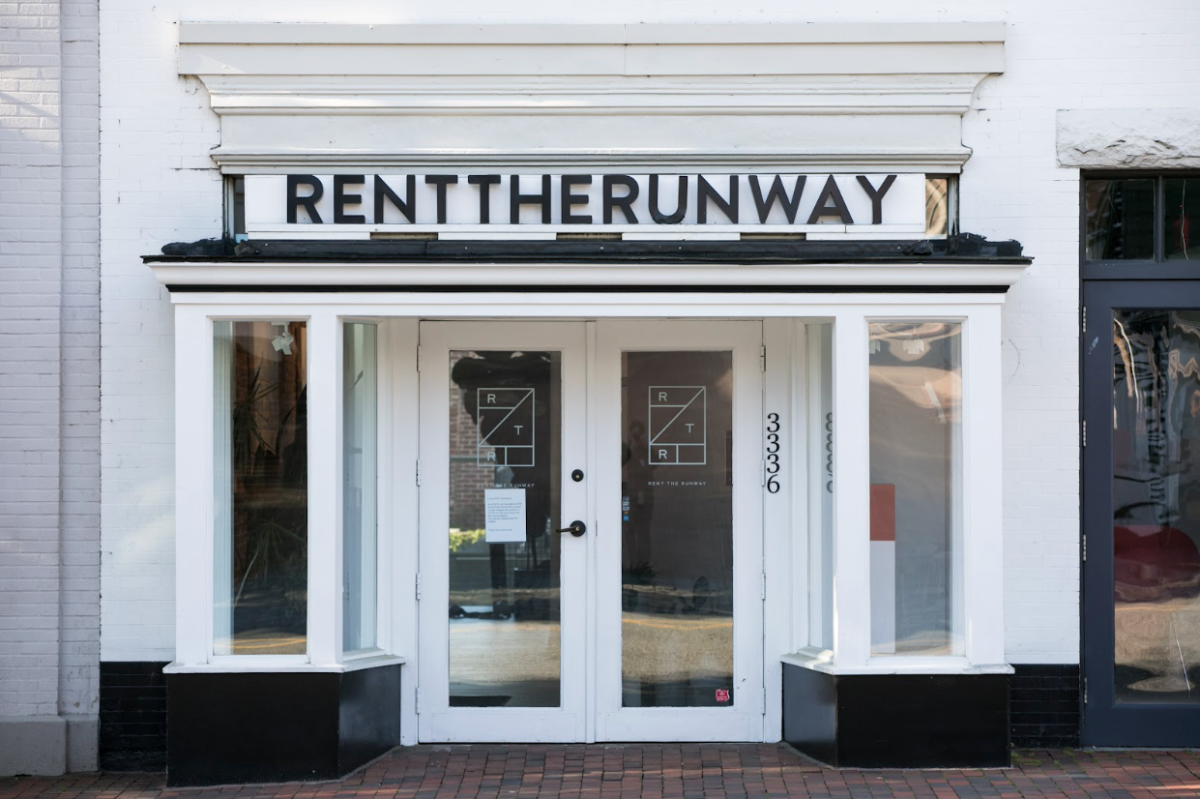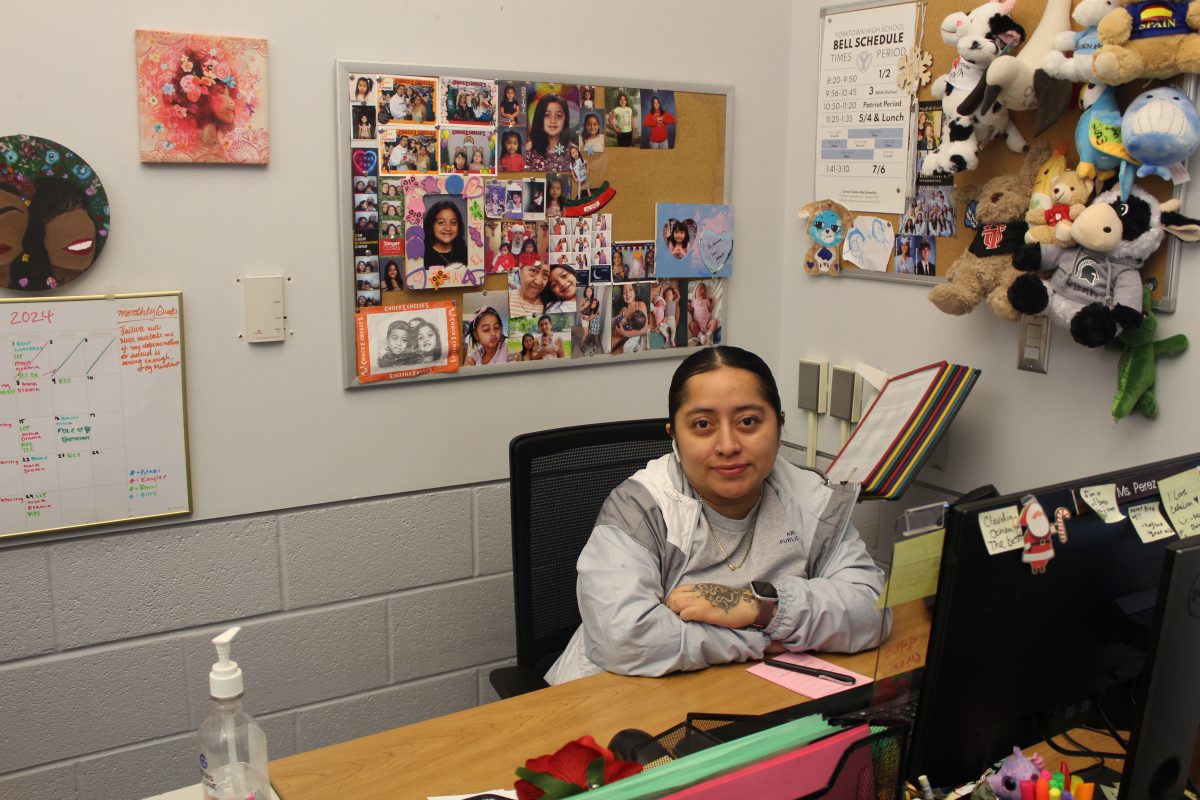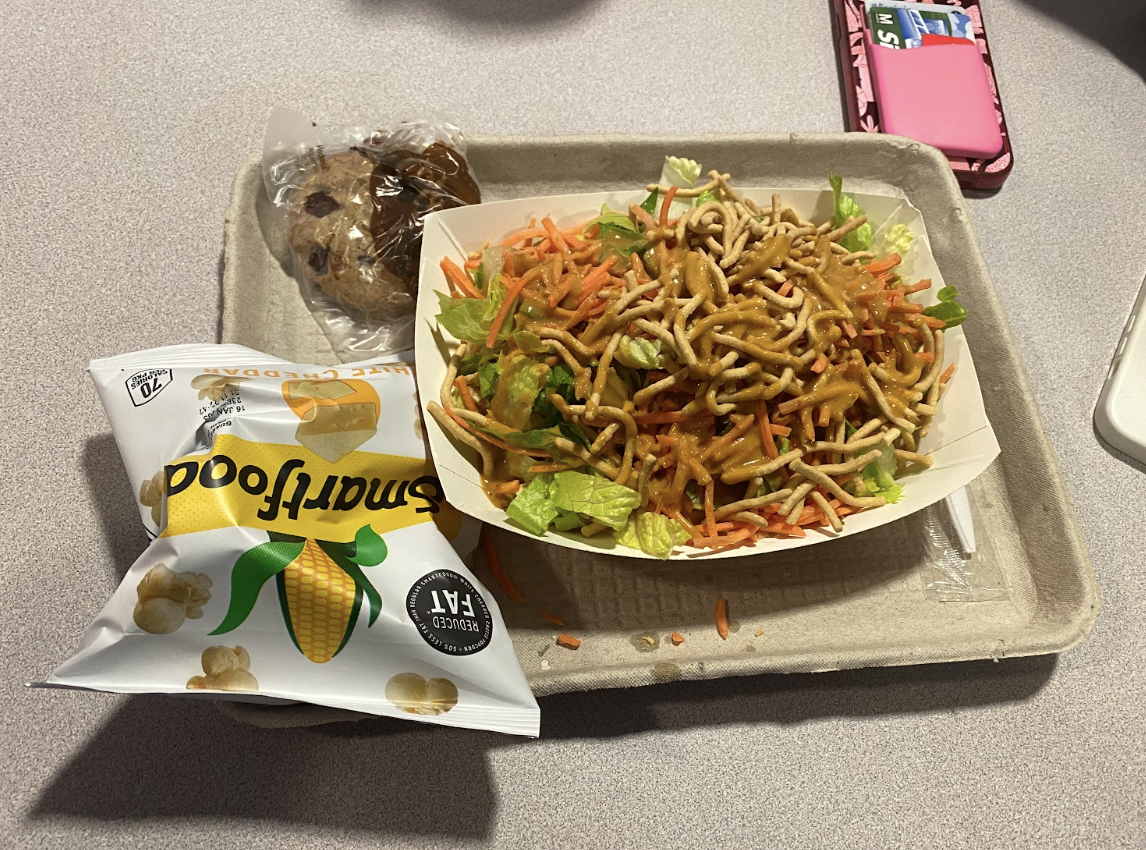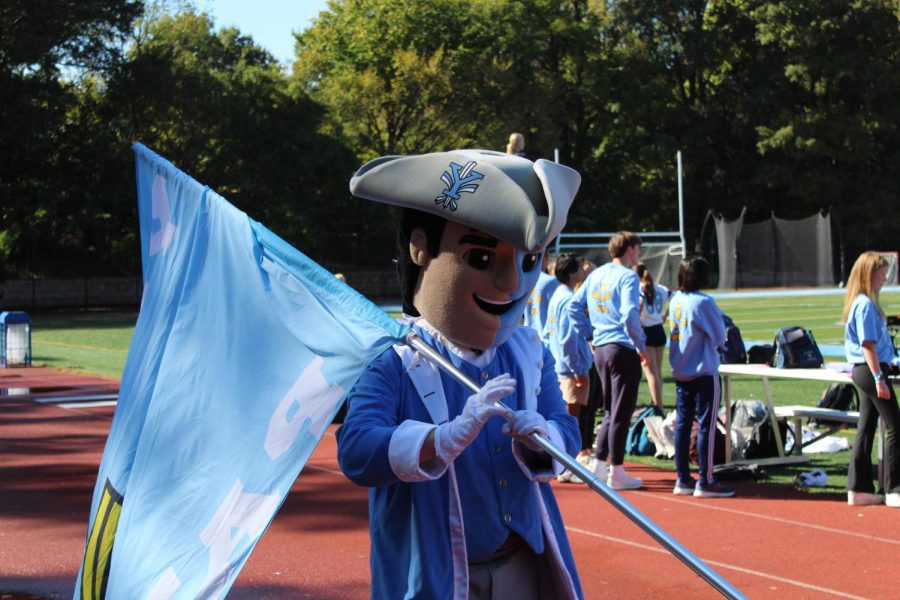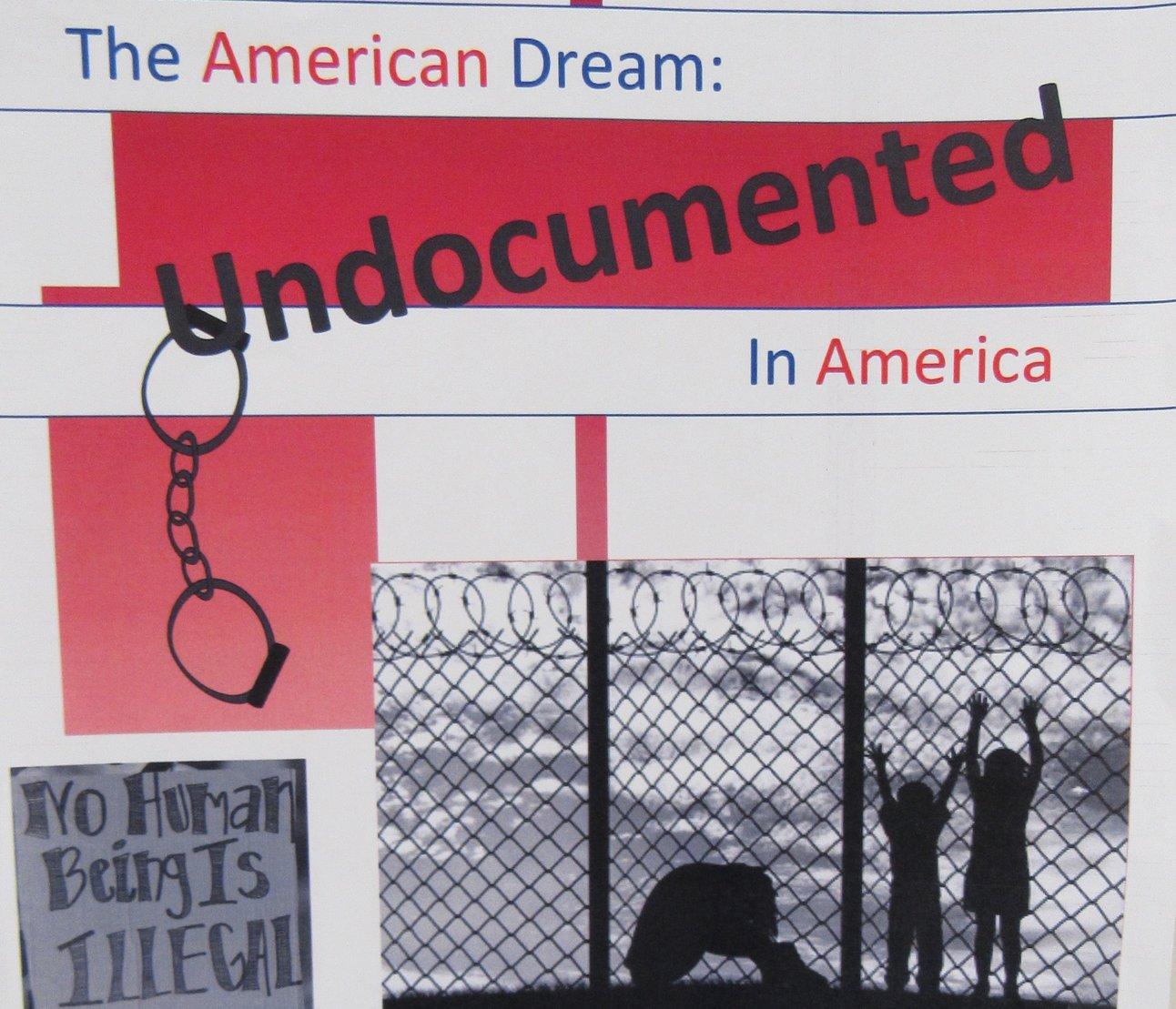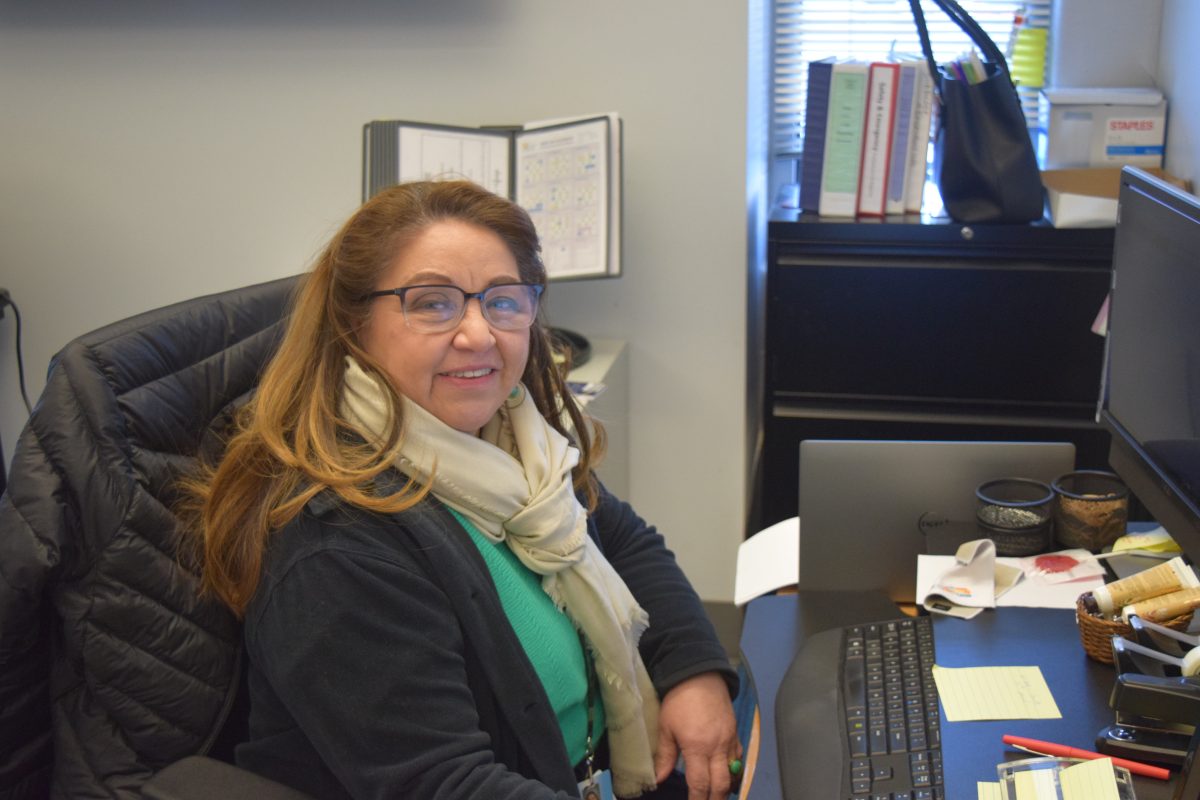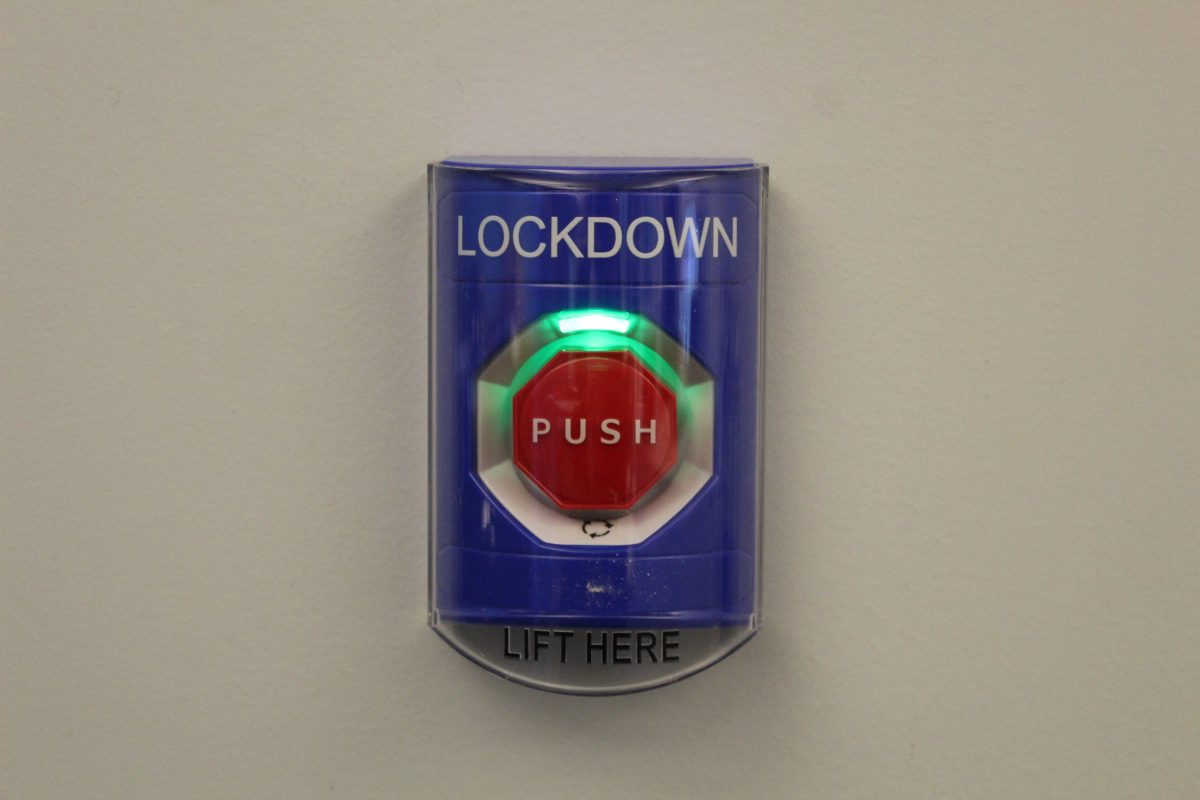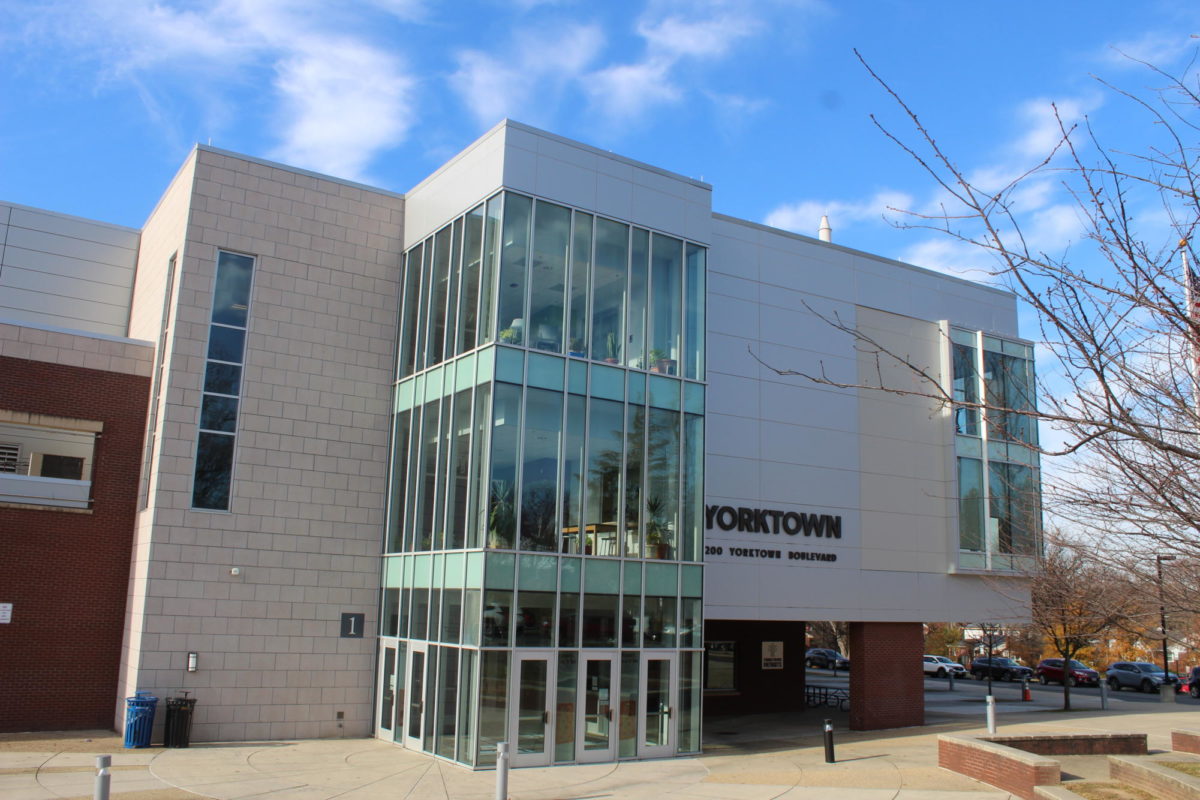On a rainy afternoon in an empty cafeteria some of the bravest, most fervent and outspoken individuals discussed living in America while remaining undocumented. Heavily influenced by the work and mission of the Dream Project, it was the fourth forum that board member, Shari Benites, has been involved in. The Dream Project gives students whose immigration status creates barriers in their education, a place to gain information and access to higher education through scholarships, mentoring, family engagement, and advocacy. On December 6, four individuals– Dayana Torres Hudson, Flor Caceres, Zach and Nathan– spoke about living in this country while being undocumented and how this label can affect their lives.
Similar to Benites, School Board Member and Chair of Dream Project Board of Directors, Dr. Emma Violand Sanchez helps so many individuals in the county to gain a voice and pursue higher education. President Obama was able to pass the Deferred Action for Childhood Arrivals Act (DACA), which is an American immigration policy that allows certain undocumented immigrants who entered the country as minors to receive a renewable two-year period of deferred action from deportation and eligibility for a work permit.
“The Dream Project right now has 76 scholars and 25 or so in our mentoring program, but that is still a very small number. Even so, we still believe that they [undocumented scholars] deserve an opportunity to succeed and to pursue a higher education,” Sanchez said.
By combining involvement with students directly with a push for legislation, the Dream Project is extremely valuable and important for families throughout the county.
“The Dream Project has a mentoring program for seniors where we help them through the college application process and we also offer scholarships. There is also advocacy. Luckily Obama was able to pass DACA which helps a lot of our kids get in state tuition, a social security number, and a driver’s license in the state of Virginia. If [president-elect Donald] Trump does away with that then they will have to return to being completely in the shadows,” Benites said.
The forum began with the students explaining their stories and the struggles of prejudice and insecurity within the walls of school and the community. Former Yorktown student, and current George Mason University student, Hudson, shared the way that being undocumented has shaped her life in America.
“My family and I are from Colombia and we came here in 2003 when I was five. My parents wanted to protect my sister and I from the violence and the economic instability that was going on in the country at the time. After graduating high school, when I realized I was in a difficult position and it was almost impossible for me to get to college; I decided I wanted to make the path a little easier for those who came after me. I started working with Dreamer’s of Virginia and I will graduate this coming May from Mason with a computer science major and continue to be involved with the Dream Project,” Hudson said.
Before DACA, undocumented families like Hudson’s really were left without any options. They lived in the dark, in hopes that one day some type of immigration reform could exist.
“At the time my family and I thought that everything would get solved, and that we would be able to apply for some kind of status, but unfortunately that didn’t happen. It was easy during high school to forget because I really didn’t need a social security number. I guess the biggest way that it affected me was that I couldn’t go on my class trip to France and that I couldn’t drive when I was sixteen. I came out as undocumented in June of 2012, when I got a scholarship from the Dream Project. My parents discouraged speaking out about being undocumented because we never knew what was going to happen, because we didn’t have any kind of protection back then. It was difficult but it was something that needed to be done,” Hudson said.
Hudson is one of the persons that inspired Benites to become a leader and supporter of the Dream Project. Since working with Hudson, Benites has been working hard as a board member of the project.
“I got involved with the Dream Project really through Dayana, who was a student at Yorktown. She was applying to colleges and was a straight A student and because she didn’t have proper documentation she had to pay out of state tuition, so it was really hard for her. I started researching and then I got horrified that we have all of these kids who do what they’re told to do and are brought here by their parents. They are pretty much Americans, and then they get to this huge road block,” Benites said.
Understanding the immigration reform and legislation that is currently in place and could heavily change is daunting in itself, but equally as important to learn about. Before deportations can actually take place, every single person in the United States is given the right to a hearing. However, there are only 300 immigration lawyers in the United States with more than half a million immigrants waiting for their hearings. This causes mass delays and adds to the confusion of the policy in whole. President-elect Trump’s plan to “kick out all the illegal immigrants” has led Hudson, Caceres, Zach and Nathan to speak about how they envision the next four years.
“I try to look at the silver lining of the election but it definitely isn’t the best thing that could have happened in regards to DACA and potential immigration reform. At the same time the politics that I have seen around immigration reform have been very bipartisan. We are trying to figure out exactly what is going to happen so that we can inform our students and families but mainly support them, because that is really the only thing we can do,” Hudson said.
Talking about being undocumented can be really terrifying especially for people who do not have DACA, and who could face losing DACA under the Trump administration. However, the fear and insecurity does not deter these individuals from understanding the value in a voice.
“To quote Martin Luther King Jr, ‘our lives begin to end the day we become silent about the things that matter.’ We don’t know what is going to happen, but we are hoping for the best,” Nathan said.
Get involved with the Dream Project and other nonprofit organizations at:
- The Dream Project http://www.dreamproject-va.org
- Dreamers of Virginia http://dreamersofvirginia.wordpress.com
- Dream USA http://www.thedream.us/
- United We Dream http://unditedwedream.org/

